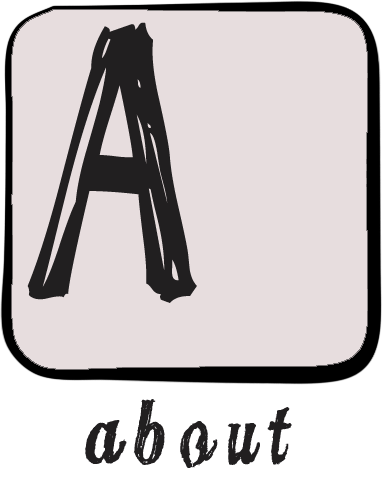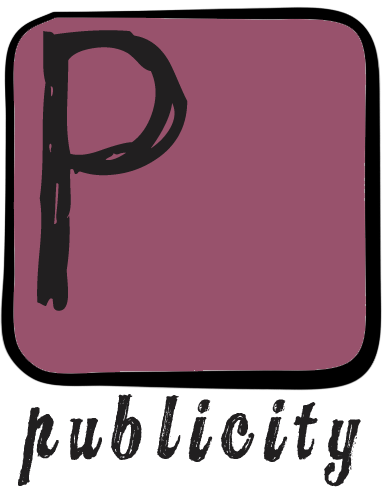In my own case, my audience has changed over the years. The people I used to hope to impress don't matter so much any more.
There are a number of audiences we might be writing for. Following are a few I've thought of. You might think of others.
You might imagine a particular someone reading your work. A parent. A favorite teacher. An old lover. A significant other. Your old schoolmates.
- If you write with one of these people in mind, you probably write with the hope of making them proud of you, or proving that you're smarter, more creative, more worthwhile than they gave you credit for.
- You are writing in hopes of being praised or being recognized.
- The downside of this approach is that you are coming at your task from a position of weakness. You see yourself as needing the approval of your target audience. You come at the work from a deficit.
You might write with a type of reader in mind. Young adult. Professional women. Literary types. Other writers. Ex-military. Street-smart hipsters.
- If you write with a demographic in mind you need to know a great deal about their lifestyle, their preferences, and their biases.
- Sometimes having a specific target audience will lead you toward genre writing (e.g., romances for housewives).
- It can be helpful to have a particular groove that fits your writing. On the other hand, it can limit your imagination and lead to flat writing. You may find yourself writing the same story with slight variations over and over again.
You might write for people just like you. If you're a young middle-class woman, you write for young, middle-class women. If you're a middle-aged professional, you write for other middle-aged professionals. You're writing for people who see things pretty much the way you do.
- You already know your audience very well. This can be an advantage because you don't have to guess at how they will react to situations in your stories.
- However, you may limit yourself by not taking a wider view.
You might write for yourself. You write what interests you with no thought as to whether anyone else cares about your subject matter.
- The obvious disadvantage of this approach is that your writing might bore everyone but yourself.
- On the other hand, you have the freedom to explore anything and everything without worrying about how someone else might react.
- You can also try out unconventional techniques. James Joyce's stream-of-consciousness method came out of wanting to achieve a certain effect. He didn't care whether the audience would stay with him.
In own writing life, I have tried all of these audiences with the possible exception of choosing a demographic.
I started out wanting to prove to my parents, teachers, friends and acquaintances that I was a good writer. I wanted to wow them. I wanted them to say, "I never knew Lee was such a talented person."
I moved on to writing for people who were like me. My audience was my peer group.
Now I write for myself, for better or for worse. I follow my nose and my interests. No story is like any other story. That's both a blessing and a curse because my work can't be pigeonholed. Readers don't know what to expect from me. It's hard to build a readership that way.
Who do you write for? Is there an audience I've left out?






